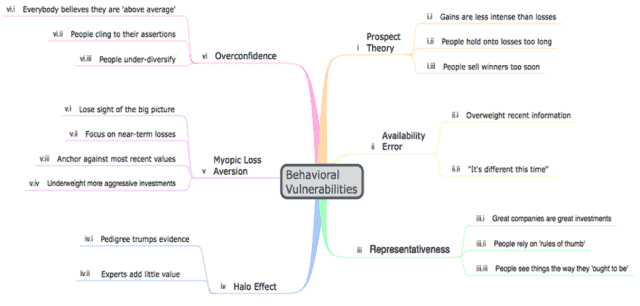Suppose you were offered RM 100,ooo today or RM 100,100 tomorrow, which one would you choose?
From purely rational perspective, we will all choose RM 100,100 tomorrow. But what commonly happen is people choose to receive what is available to them today instead of tomorrow.
This particular irrationality is known as hyperbolic discounting. It refer to the tendency to choose a smaller but sooner reward over a larger but later reward. People just don’t want to wait longer, because we consider the future as far less salient than the present even though the facts present otherwise. More importantly, we expect our future selves to delay gratification when our current selves often fail to do the same.
The classic example at the time of this writing is the recent EPF-is-it-55-or-60 situation.
Even if people would rather keep their savings for 5 more years until age 60 to take advantage of compounding effect, they would still like to have the choice to withdraw at 55. In essence, this is probably the best argument against a withdraw-only-at-60 policy type.

Yet this argument has a subtle weakness. If we are to maintain the withdrawal age at 55 as opposed to 60 on the basis of choice, why should we stop at 55? Any difference – at age 55 vs age 50? Or even 45? Or even mandatory contribution in the first place?
Would it be better to let employees decide if they even want to participate in EPF or not? Point in case – some SME company directors choose to maximize their contributions into EPF, some don’t by not having a fixed salary. If you believe you are savvy and rational enough, you place what you are supposed to contribute to EPF into an investment portfolio which potentially generates higher return than EPF return.
So on the basis of choice, it is hard to argue for mandatory contributions where withdrawal is only permitted at a set age. Is 55 really that different from 50 or 45?
However, the notion of hyperbolic discounting should alert me that I am unlikely to make the wisest inter-temporal choices for my future self. I may say I want to save more in 2 years, but when I reach the 2 year point, the desire to consume may overwhelm me and I may end up saving far less than optimal. Hyperbolic discounting is a strong argument for the need to have a credible commitment tool for saving, which EPF provides.

Therefore, in my opinion, it is important to recognize that despite people’s beliefs, it is entirely possible that people may make cognitive mistakes with regards to the utilization of their money and though they may have the right to withdraw their EPF savings at 55, they may be wise to wait until they are 60.
Of course, a critical assumption here is that life expectancy is reasonably long after age 60, which may or may not be the case depending on your family’s genetics and lifestyle. However, with better healthcare and new insights into healthy living, this may be a fairly sound assumption
Hyperbolic discounting is a common cognitive departure from human common behavior and may well lead to over consumption and under-saving if not checked by a credible commitment savings device, such as the EPF.